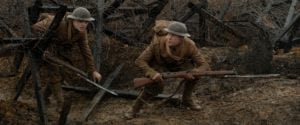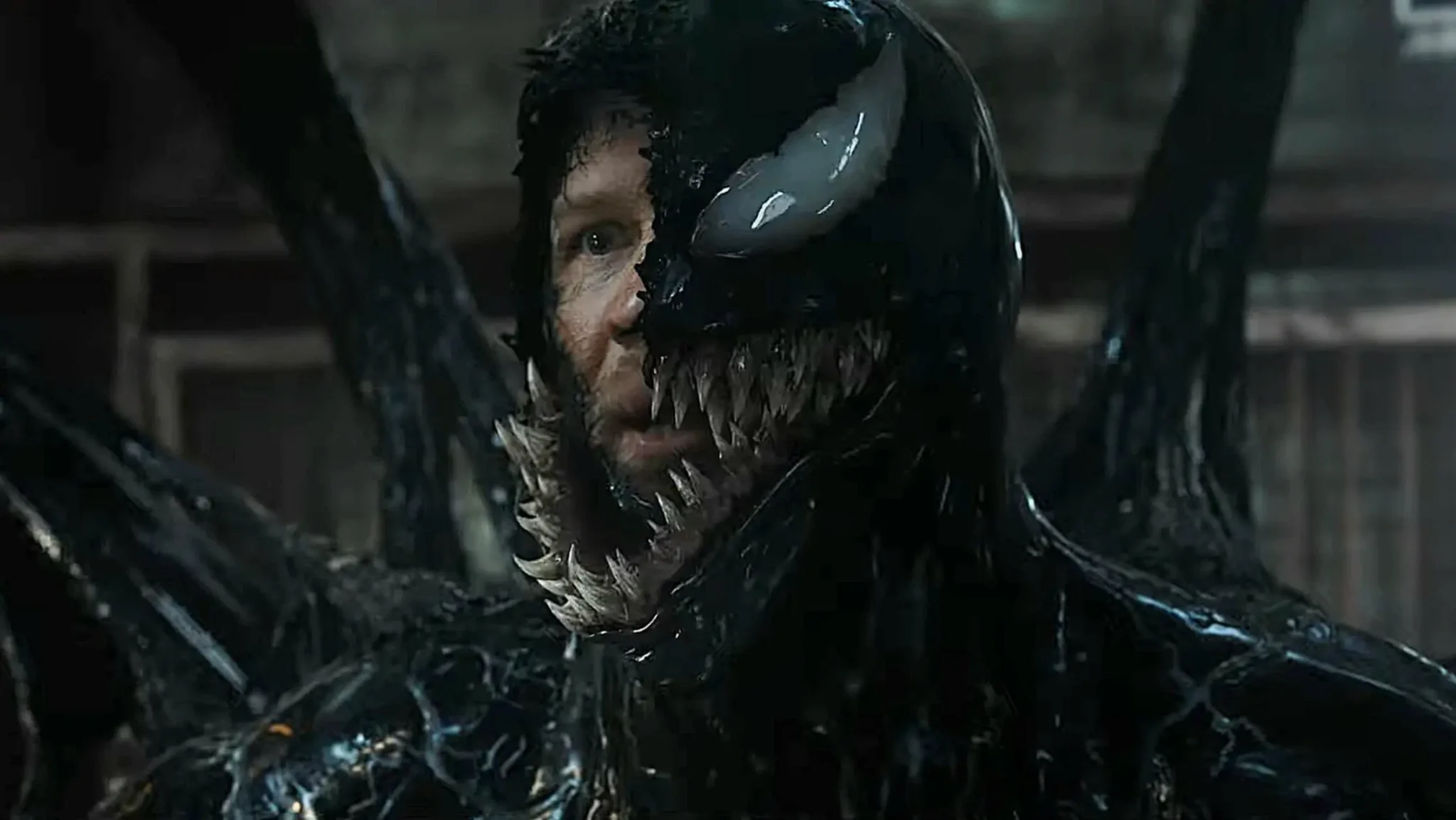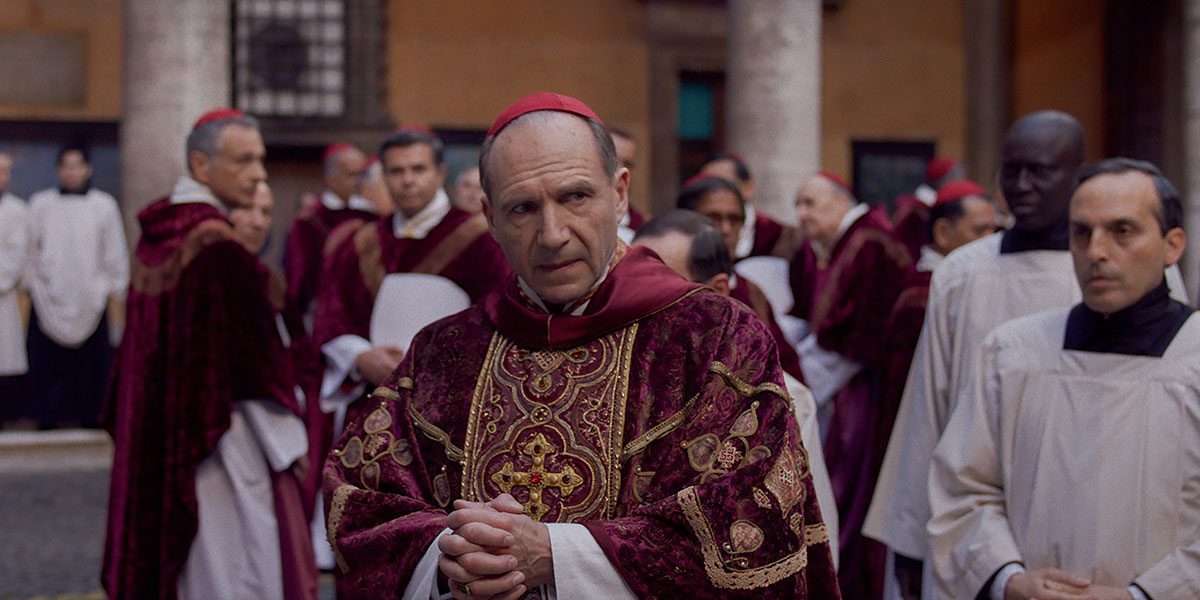Directed by Rod Lurie (The Contender), The Outpost tells the story of Bravo Troop 3-61 CAV, a small unit...
war film
Directed by Kwan Kyung-Tae,?The Battle of Jangsari?is a gruelling war thriller showcasing a horrific battle of the...
Director/co-writer Sam Mendes used stories his grandfather told about World War I, plus others? stories from the...
Having broken box-office records overseas,?T-34?transports the viewer into the heard of Russia during the Second World War....
War Machine?is the newest Netflix original film from director David Michod, starring Brad Pitt, Topher Grace, Emory...








